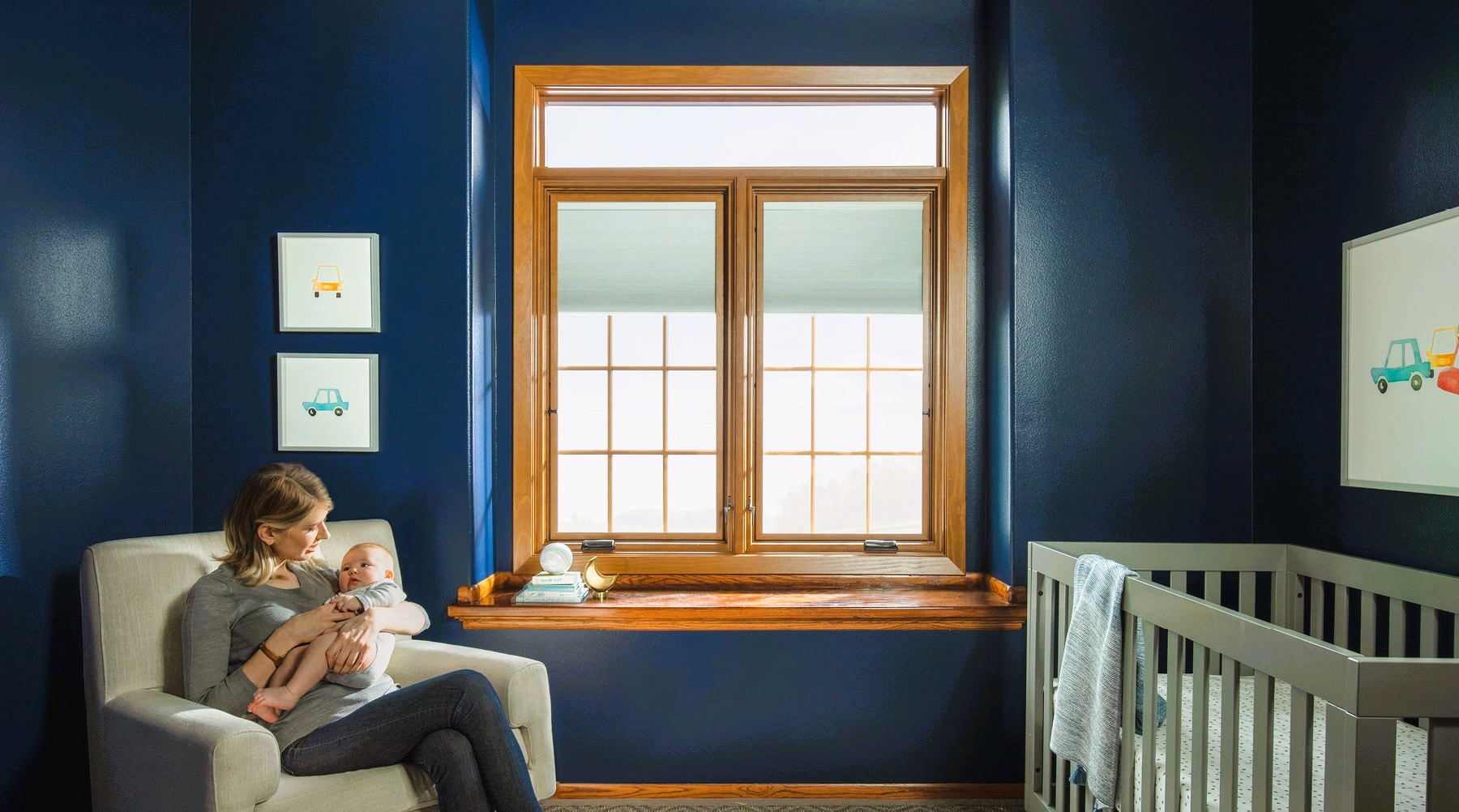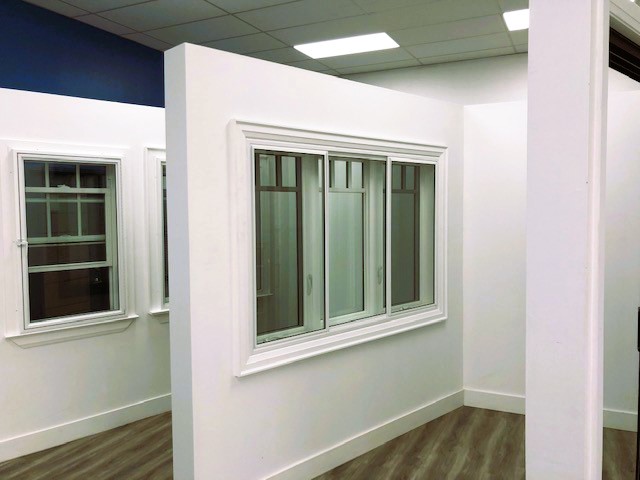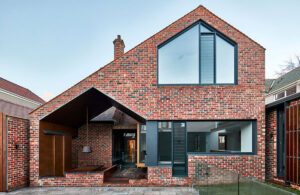
Living in a noisy environment can be disruptive and impact the overall comfort and well-being of residents. To create a peaceful and quiet living space, homeowners in Canada can consider soundproof windows as an effective solution. Soundproof windows are designed to minimize external noise infiltration, providing a tranquil indoor environment. In this article, we will explore the importance of soundproof windows, key factors to consider when selecting them for Canadian residences, and the benefits they offer in terms of noise reduction.
Understanding Soundproof Windows
Soundproof windows, also known as acoustic windows or noise-reducing windows, are specially designed to reduce the transmission of external noise into a building. They consist of multiple glass panes with a layer of air or gas in between, which helps to dampen sound vibrations. Additionally, soundproof windows often incorporate features such as laminated glass, thicker glass panes, and specialized seals to further enhance noise reduction capabilities.
Assessing Noise Levels and Requirements

Before selecting soundproof windows, it is crucial to assess the noise levels in and around your Canadian residence. Identify the sources of noise, such as traffic, airports, construction sites, or nearby commercial areas. Determine the decibel levels and frequency ranges of the dominant noise sources to establish the specific noise reduction requirements. This assessment will help you choose the appropriate soundproofing options and achieve the desired level of noise reduction for your home.
Sound Transmission Class (STC) Rating
The Sound Transmission Class (STC) rating is a standard measurement used to evaluate the sound insulation performance of windows and other building components. A higher STC rating indicates better soundproofing capabilities. In Canada, it is recommended to select soundproof windows with an STC rating of 40 or above for significant noise reduction. However, it’s important to note that achieving complete silence is not always possible, and a combination of noise reduction strategies may be necessary. Like the article? Read about customizing windows.
Window Construction and Materials
The construction and materials of soundproof windows significantly impact their noise reduction capabilities. Look for windows with multiple glass panes, typically double or triple glazing, as they provide better sound insulation compared to single-pane windows. The air or gas-filled space between the panes acts as a buffer for sound waves. Laminated glass, which consists of a layer of plastic interlayer between glass panes, further enhances noise reduction by absorbing sound vibrations. Additionally, high-quality seals and frames that minimize air leakage and vibrations contribute to improved sound insulation.
Frequency Range Considerations
Different noise sources have varying frequency ranges, and soundproof windows may perform differently at different frequencies. It is important to consider the specific noise frequencies you are dealing with when selecting soundproof windows. Some windows may excel at reducing high-frequency noise, such as road traffic, while others may be more effective at attenuating low-frequency noise, such as heavy machinery or aircraft. Understanding the frequency characteristics of the noise will help you choose the right soundproof windows for optimal noise reduction.
Energy Efficiency and Thermal Performance
While focusing on noise reduction, it is crucial to consider the energy efficiency and thermal performance of soundproof windows. Look for windows that not only provide excellent sound insulation but also contribute to energy savings and thermal comfort. Energy-efficient windows with Low-E coatings, gas fills, and insulated frames can help reduce heating and cooling costs, improve indoor comfort, and contribute to environmental sustainability.
Professional Installation and Additional Considerations

To ensure optimal performance, soundproof windows should be installed by experienced professionals. Proper installation techniques and attention to detail, such as sealing gaps and ensuring proper window fit, are crucial for achieving maximum noise reduction. Additionally, consider other factors such as window operability, maintenance requirements, and aesthetic considerations when selecting soundproof windows for your Canadian residence.
Conclusion
Noise reduction is essential for creating a peaceful and comfortable living environment in Canadian residences. Soundproof windows offer an effective solution by minimizing external noise infiltration and providing a quieter indoor space. When selecting soundproof windows, consider factors such as noise levels, STC rating, window construction and materials, frequency range considerations, energy efficiency, and professional installation. By choosing soundproof windows tailored to your specific needs, you can enjoy the benefits of a tranquil and serene home environment.






